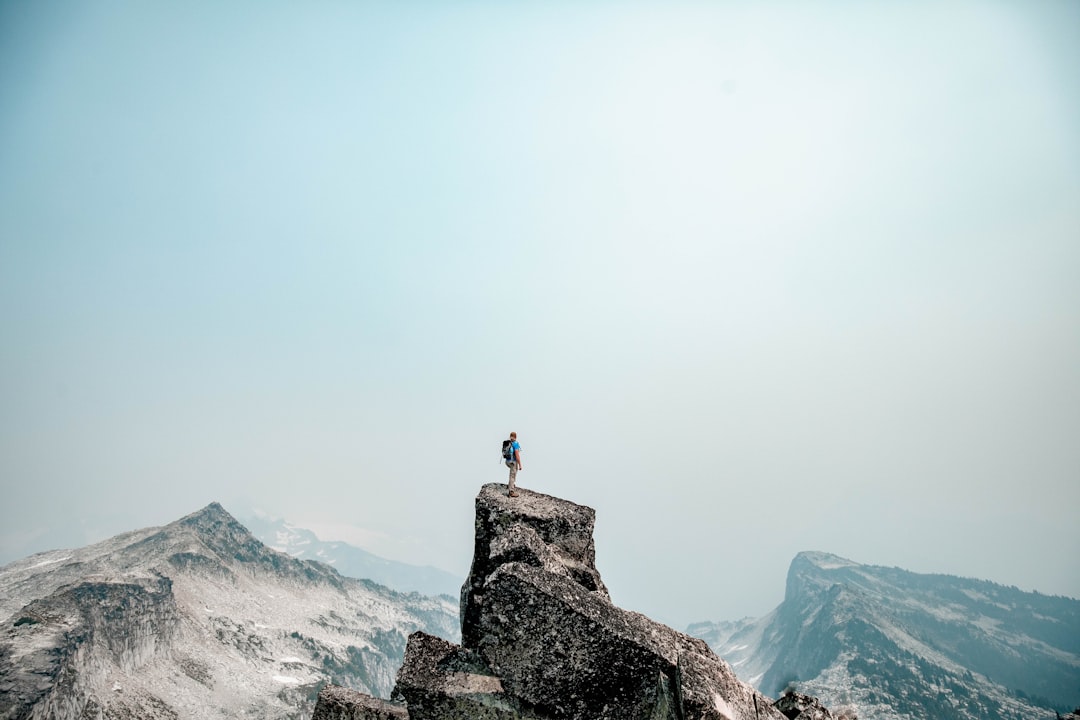The Hiker’s Paradox: Finding Solitude on Popular Trails
In the world of outdoor travel, hiking holds a unique position. It’s a form of exercise, a mental escape, and a spiritual journey all rolled into one. But how do you find solitude when you’re sharing the trail with a thousand others? This is the hiker’s paradox.
As more people seek refuge in nature, popular trails become crowded, turning serene paths into bustling walkways. Yet, this very crowd is a testament to the healing power of nature. The challenge lies in finding tranquility amidst this shared appreciation.
First, consider timing your hikes. The majority of hikers hit the trails during weekends or peak hours. By opting for early morning or late afternoon excursions during weekdays, you can enjoy a more peaceful experience. Additionally, off-season hikes offer an opportunity to explore popular trails without the crowds, unveiling a different beauty each season offers.
Another approach is to explore lesser-known trails. With a bit of research, you can discover hidden gems in your area. Local hiking groups or forums can be invaluable resources for finding these less-trodden paths. They often provide detailed accounts of trail conditions and scenery, helping you decide on your next adventure.
The concept of ‘microadventures’ has also gained traction. These are short, simple, and achievable adventures that fit into the confines of your daily life. They emphasize spontaneity and can turn an ordinary evening into an extraordinary experience. Whether it’s a quick hike after work or a sunrise walk before the world wakes up, microadventures are about embracing the present moment.
Hiking solo can be another rewarding experience, providing time for reflection and personal growth. However, it’s crucial to prioritize safety. Inform someone of your plans, carry a reliable map, and ensure you have adequate supplies. With the right precautions, solo hiking can become a powerful tool for self-discovery.
The psychological benefits of hiking are profound. Research indicates that spending time in nature reduces stress, improves mood, and enhances mental clarity. The rhythmic motion of walking coupled with the soothing sounds of nature can induce a meditative state, fostering a deeper connection with oneself and the environment.
Moreover, hiking is an eco-friendly activity. It encourages a leave-no-trace philosophy, fostering a respect for the environment and promoting conservation efforts. By supporting local conservation initiatives and practicing responsible hiking, we contribute to the preservation of these natural sanctuaries for future generations.
In conclusion, while the increasing popularity of hiking presents challenges, it also opens doors to new perspectives. By adjusting our approach and mindset, we can find solitude even on the busiest of trails. Embrace the paradox, for it is in this delicate balance that the true magic of hiking lies.




